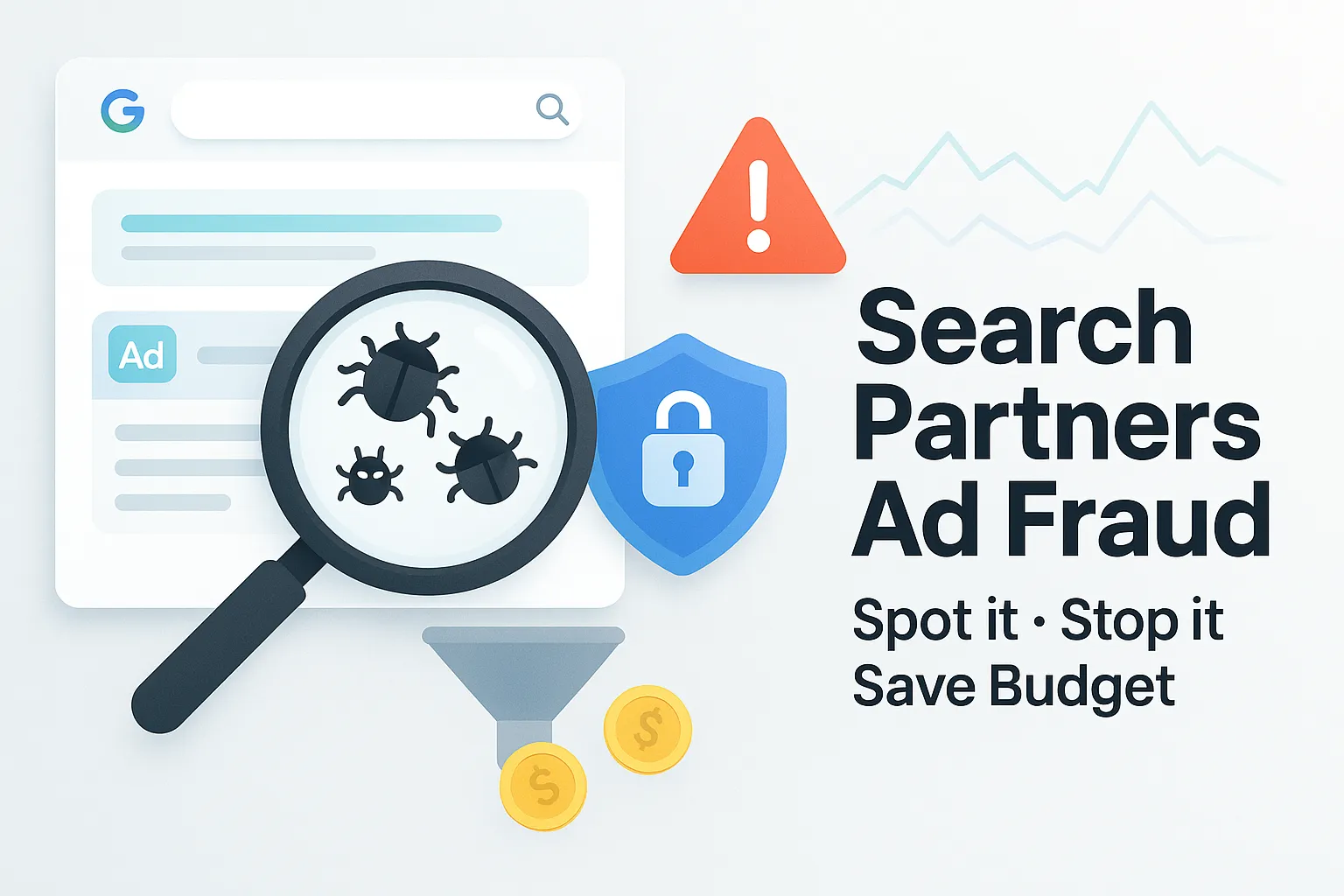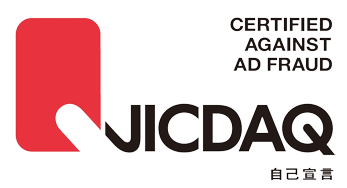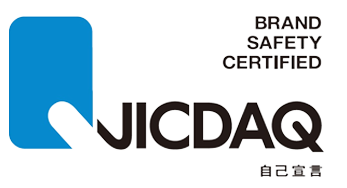17 Tips To Create A Transparent Marketing Strategy

In the dynamic world of digital marketing, transparency reigns supreme. Consumers increasingly value honesty and authenticity, making transparent marketing strategies not just a trend but a necessity for long-term success.
Embracing transparency builds trust, fosters brand loyalty, and sets you apart in a crowded market. In this article, we'll explore 17 actionable tips to integrate transparency into your marketing efforts seamlessly. But first, let's delve into what transparency in digital marketing truly means.
What is Transparency in Digital Marketing
Transparency in digital marketing refers to the practice of openly sharing information about your brand, products, or services with your target audience. It involves being honest and forthcoming about your business practices, values, and interactions with customers.
Embracing transparency builds trust, enhances brand reputation, and cultivates long-term relationships with consumers. In a digital landscape where authenticity is paramount, transparent marketing practices are essential for establishing credibility and fostering consumer trust.
Throughout this article, we'll delve into practical strategies for implementing transparency across various facets of your marketing strategy, from pricing and product information to data privacy and social responsibility initiatives. By embracing transparency, digital advertisers can forge deeper connections with their audience, cultivate loyal customers, and drive sustainable business growth.
Tips to help you Implement Transpaency in Marketing
1. Conduct a Comprehensive Audit
Begin by conducting a thorough assessment of your current marketing practices. Examine all aspects of your messaging, campaigns, and customer interactions to identify areas where transparency can be enhanced. Pinpoint instances of vague language, potentially misleading claims, or unclear pricing structures.
2. Set Clear and Measurable Objectives
Define your goals for transparency in your marketing strategy. Whether you aim to build stronger customer trust, foster brand loyalty, or differentiate your brand in a crowded market, having specific objectives will guide your efforts and help you measure success.
3. Integrate Your Brand Values
Clearly communicate your brand's core values and mission. Explain how these principles guide your business decisions, product offerings, and interactions with customers. When customers understand your values, they're more likely to connect with your brand on a deeper level.
4. Address Product Limitations Openly
Take a proactive approach by openly acknowledging the limitations of your products or services. Being transparent about what your offerings can and cannot achieve establishes credibility and fosters trust.
5. Transparent Pricing and Cost Breakdowns
Provide accessible and transparent pricing information. Clearly outline costs, additional fees, and any justifications for premium pricing. This approach builds trust by avoiding hidden charges and demonstrating upfront honesty.
6. Storytelling for Connection
Share the story behind your brand's journey, including its inception, challenges, and growth. Humanize your brand by revealing the people and experiences that have shaped it, creating an emotional connection with your audience.
7. Peek Behind-the-Scenes
Offer glimpses into your company's inner workings, such as manufacturing processes, team dynamics, and office culture. This provides an authentic and relatable perspective, fostering a stronger bond between your brand and your audience.
8. Facilitate Open Dialogue
Encourage active and open communication with your audience. Respond genuinely to comments, reviews, and feedback, addressing concerns and acknowledging compliments. Transparently addressing criticism shows your commitment to improvement.
9. Data Privacy and Security Measures
Clearly communicate your data handling practices, especially concerning customer data. Adhere to best practices for data protection, and ensure that your privacy policies are transparent and easy to understand.
10. Highlight Real Customer Stories
Showcase genuine customer testimonials and case studies. Highlight challenges your customers faced and how your product or service helped them overcome those challenges. This illustrates real-world benefits and builds trust.
11. Admit Mistakes and Showcase Learning
Transparency also means admitting mistakes when they happen. Take responsibility for errors, share your plan for rectification, and explain how you're preventing similar issues in the future. This demonstrates accountability and commitment to improvement.
12. Content Labeling and Sponsored Posts
Maintain transparency in your content, especially when it comes to sponsored content or affiliate partnerships. Clearly label such content to maintain trust and credibility with your audience.
13. Educational Content and Industry Expertise
Create informative content that educates your audience about your industry. Sharing knowledge and insights positions your brand as an expert and reinforces trust through value-driven content.
14. Regular Updates and Improvements
Keep your audience informed about product updates, changes, and improvements. Regular communication demonstrates that you prioritize their satisfaction and value their feedback.
15. Transparency in Social Responsibility
Highlight your brand's initiatives in sustainability, social responsibility, and community involvement. Communicate your commitment to making a positive impact beyond profits.
16. Monitor, Analyze, and Adapt
Continuously monitor the effectiveness of your transparent marketing efforts. Gather feedback, analyze data, and make necessary adjustments to your strategy. Transparency isn't static—it's an ongoing commitment to improvement.
17. Addressing Ad Fraud and Ethical Advertising
Transparency extends to how you approach advertising. Take a strong stance against ad fraud by using legitimate ad networks, tracking metrics honestly, and avoiding any deceptive practices. Communicate your commitment to ethical advertising to your audience.
Secure Your Advertising Investments
In the realm of digital marketing, maintaining transparency extends beyond customer-facing interactions—it's also about safeguarding the integrity of your advertising campaigns. Shield your marketing investments from ad fraud with Spider AF, a premier ad fraud detection and prevention solution.
Take the first step toward fortifying your advertising strategy by signing up for a complimentary trial of Spider AF. Experience firsthand how our platform ensures genuine interactions with your target audience. Elevate your brand with authentic engagement—Spider AF is your trusted ally in the fight against ad fraud.



















